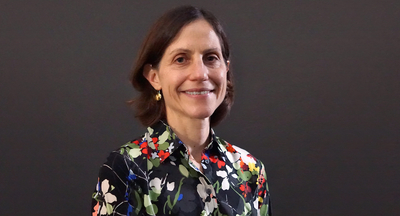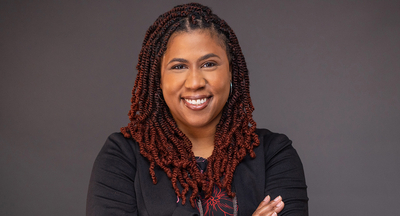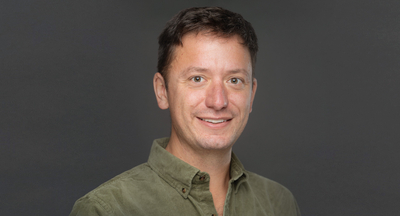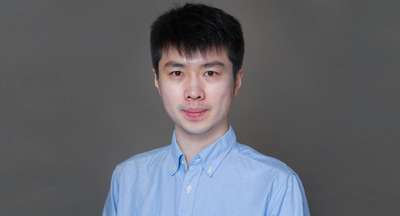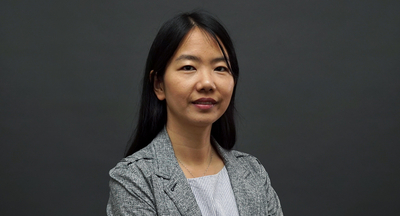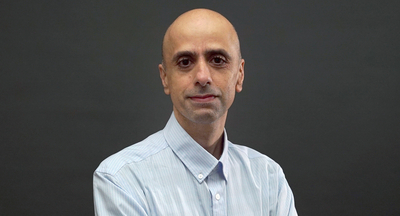Faculty
Rebecca A Betensky
Chair of the Department of Biostatistics
Professor of Biostatistics
Dr. Rebecca Betensky's research focuses on methods for the design and analysis of studies with complex sampling, including dependent truncation and censored covariates.
Rumi Chunara
Associate Professor of Biostatistics
Associate Professor of Computer Science and Engineering, Tandon
Director of Center for Health Data Science
Dr. Chunara's research focuses on the design and development of machine learning as well as other statistical methods to address challenges related to data and goals of public health.
Stephanie Cook
Associate Professor of Social and Behavioral Sciences
Associate Professor of Biostatistics
Dr. Stephanie Cook's research focuses on understanding the complex relationship between stress, health, and social determinants of health across the lifespan.
Alex Dahlen
Clinical Associate Professor of Biostatistics
Dr. Alex Dahlen brings expertise in statistical science and study design to collaborate with GPH researchers and clinicians working to create innovative solutions to global public health challenges.
Yang Feng
Professor of Biostatistics
Dr. Feng's research focuses on machine learning methods with applications in public health, nonparametric and semi-parametric methods, network data analysis, and bioinformatics.
Melody Goodman
Dean, School of Global Public Health
Professor of Biostatistics
Dr. Melody S. Goodman is a biostatistician and research methodologist. Her work goes beyond defining problems and focuses on developing solutions using partner-engaged research approaches.
Siyu Heng
Assistant Professor of Biostatistics
Dr. Siyu Heng's areas of expertise are in methodology research and its applications in public health.
Yajun Mei
Professor of Biostatistics
Dr. Yajun Mei’s research interests are statistics, machine learning, and data science, and their applications in biomedical science and public health.
Hai Shu
Assistant Professor of Biostatistics
Dr. Hai Shu is an expert in high-dimensional data analysis, machine/deep learning and medical image analysis.
Shu Xu
Clinical Associate Professor of Biostatistics
Dr. Shu Xu's work represents the statistical and applied aspects of quantitative methodology, including evaluating and developing statistical methods for longitudinal data analysis.
Wen Zhou
Associate Professor of Biostatistics
Dr. Wen Zhou's research focuses on developing theories and methods for network data analysis, high-dimensional statistics, multiple testing problems, machine learning, and causal inference.
Faculty with a Secondary Appointment in Biostatistics
Linda Collins
Professor of Social and Behavioral Sciences
Dr. Linda Collins’ interests are in the development, dissemination, and application of the multiphase optimization strategy, a framework to optimize behavioral and social-structural interventions.
Joshua Epstein
Professor of Epidemiology
Dr. Joshua M. Epstein is a world-renowned pioneer of agent-based modeling, and has applied it to a staggering array of problems in the social, behavioral, and health sciences.
Erez Hatna
Clinical Associate Professor of Epidemiology
Dr. Erez Hatna researches geoinformatics, spatial analysis, agent-based modeling, and urban systems and dynamics.
Visiting Faculty

Stanley Lemeshow
Visiting Scholar, NYU School of Global Public Health; Professor Emeritus, The Ohio State University
Adjunct Faculty
- Brian Spitzer, Ph.D (Applied Researcher)
- Cassandra Arroyo-Johnson, PhD (Assistant Professor of Surgery
Washington University School of Medicine) - Yuyu (Ruby) Chen, PhD Candidate, Biostatistics, NYU School of Global Public Health
- Jasmin Choi, PhD Candidate, Social and Behavioral Sciences,
NYU School of Global Public Health - Mithat Gönen, PhD (Chief of Biostatistics at Memorial Sloan Kettering Cancer Center)
- Daniel Hagen, PhD Research Scientist, NYU School of Global Public Health
- Chuck Huber, PhD (Director of Statistical Outreach at StataCorp)
- Katherine Panageas, DrPH (Attending Biostatistician and Director of Research Support at Memorial Sloan Kettering Cancer Center)
- Zuofeng Shang, PhD (Associate Professor of Mathematical Sciences at NJIT)
- Antai Wang, PhD (Associate Professor, Mathematical Sciences at New Jersey Institute of Technology)
- Jianan Zhu, PhD Candidate, Biostatistics, NYU School of Global Public Health
STAFF

Vardia Duterville, MA

